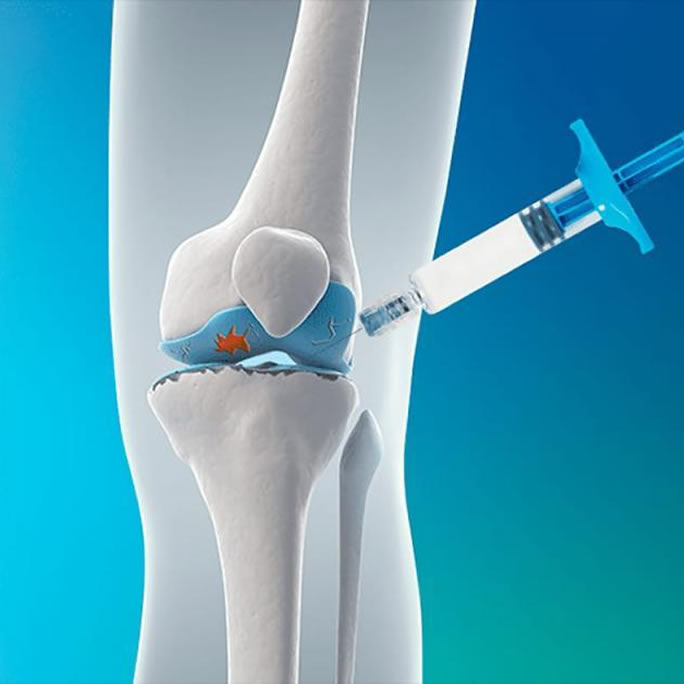
Intra-Articular Injections
Relieving Joint Pain: The Comprehensive Guide to Intra-Articular Injections
Are you struggling with persistent joint pain that interferes with your daily activities and diminishes your quality of life? If so, intra-articular injections may offer the relief you’ve been seeking. This advanced pain management technique targets the source of joint pain directly, providing effective and long-lasting relief for individuals suffering from various joint conditions. In this comprehensive guide, we explore the intricacies of intra-articular injections, including their mechanisms, applications, and potential benefits.
Conditions Treated with Intra-Articular Injections
Osteoarthritis: Intra-articular injections of corticosteroids or hyaluronic acid can help alleviate pain and improve joint function in individuals with osteoarthritis, a degenerative joint disease characterized by cartilage breakdown and inflammation.
Rheumatoid Arthritis: For individuals with rheumatoid arthritis, intra-articular injections of corticosteroids or disease-modifying anti-rheumatic drugs (DMARDs) may help reduce inflammation and prevent joint damage.
Gout: Intra-articular injections of corticosteroids or medications to lower uric acid levels can provide relief from the pain and inflammation associated with gout, a form of arthritis caused by the buildup of uric acid crystals in the joints.
Joint Injuries: Intra-articular injections may also be used to manage pain and inflammation resulting from acute joint injuries such as sprains, strains, or tears.
The ProcedurePreparation: The patient is positioned comfortably, and the skin overlying the target joint is cleansed.
Anesthesia: A local anesthetic may be administered to numb the skin and underlying tissue to minimize discomfort during the procedure.
Injection: Using a thin needle, the healthcare provider precisely injects the medication into the joint space under the guidance of imaging techniques.
Post-Injection Care: Following the injection, patients may be advised to rest the injected joint and avoid strenuous activities for a brief period. Ice packs and over-the-counter pain relievers may be recommended to alleviate any discomfort.
Benefits of Intra-Articular InjectionsPain Relief: Intra-articular injections provide targeted relief by delivering medication directly to the site of pain and inflammation within the joint.
Improved Function: By reducing pain and inflammation, intra-articular injections can improve joint mobility and function, allowing individuals to perform daily activities with greater ease.
Long-Lasting Effects: Many patients experience significant pain relief and improved joint function for several weeks or months following an intra-articular injection.
Minimally Invasive: Intra-articular injections are a minimally invasive procedure that can be performed in an outpatient setting, allowing patients to return to their normal activities quickly.
Is Intra-Articular Injection Right for You?
Intra-articular injections are commonly used to manage pain associated with various joint conditions, including:
The Procedure
The intra-articular injection procedure typically involves the following steps:
Benefits of Intra-Articular Injections
The benefits of intra-articular injections include:
Is Intra-Articular Injection Right for You?
While intra-articular injections are generally safe and well-tolerated, they may not be suitable for everyone. It’s essential to consult with a qualified healthcare provider to determine if intra-articular injections are appropriate for your specific condition. Additionally, individuals with certain medical conditions or those taking blood-thinning medications should discuss potential risks with their healthcare provider before undergoing the procedure.

